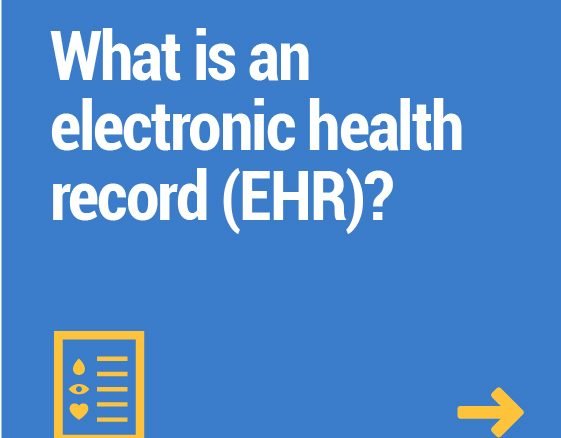Header Outline:
- Introduction
- Why Medical Records Safety Matters
- Benefits of Electronic Health Records (EHRs)
- Ensuring the Security of Your Medical Records
- Strong Passwords and Access Control
- Encryption and Data Protection
- Regular Backups and Redundancy
- Firewall and Antivirus Protection
- The Role of Healthcare Providers in Data Safety
- Compliance and Regulations
- HIPAA (Health Insurance Portability and Accountability Act)
- GDPR (General Data Protection Regulation)
- Conclusion
Notes for the Topic:
In this blog post, we will discuss the critical topic of medical records safety in today’s digital age. We will emphasize the importance of protecting sensitive healthcare data, particularly when it comes to electronic health records. The post will cover various aspects of safeguarding medical records, including personal steps individuals can take and the responsibility of healthcare providers. Additionally, we will touch upon relevant compliance regulations to ensure comprehensive data protection.
1. Introduction:
In an increasingly digital world, the security of medical records has become a paramount concern. As healthcare providers transition to electronic health records (EHRs), it is crucial for individuals to understand how to protect their sensitive health data effectively. This blog post will provide valuable insights into the various measures you can implement to ensure your medical records remain safe and confidential.
2. Why Medical Records Safety Matters:
Your medical records contain sensitive information about your health history, diagnoses, treatments, and more. Unauthorized access to this data can lead to identity theft, financial fraud, or even jeopardize your health. Ensuring the safety of your medical records is essential to safeguard your privacy and well-being.
3. Benefits of Electronic Health Records (EHRs):
Electronic health records offer numerous advantages over traditional paper-based records. EHRs enhance accessibility, streamline healthcare processes, reduce medical errors, and facilitate seamless communication between healthcare providers. However, these benefits come with the responsibility of maintaining robust security measures.
4. Ensuring the Security of Your Medical Records:
a) Strong Passwords and Access Control:
Create strong and unique passwords for all your accounts related to healthcare portals or apps. Enable multi-factor authentication where possible to add an extra layer of security. Limit access to your medical records to only trusted individuals.
b) Encryption and Data Protection:
Ensure that your electronic health records are encrypted, making it difficult for unauthorized parties to decipher the information even if they gain access to it. Employ data protection measures to prevent data breaches and cyberattacks.
c) Regular Backups and Redundancy:
Regularly backup your medical records and store them securely. Having redundant copies ensures that your data is safe even if one storage medium fails or is compromised.
d) Firewall and Antivirus Protection:
Install reputable antivirus software on your devices and keep it up to date. Set up firewalls to prevent unauthorized access to your network and devices, minimizing the risk of data breaches.
5. The Role of Healthcare Providers in Data Safety:
Healthcare providers must prioritize data security. They should implement robust cybersecurity measures, conduct regular security audits, and train their staff on handling sensitive medical information safely.
6. Compliance and Regulations:
a) HIPAA (Health Insurance Portability and Accountability Act):
Understand your rights and protections provided by HIPAA concerning the privacy and security of your medical records. Ensure that healthcare providers and organizations handling your data comply with HIPAA regulations.
b) GDPR (General Data Protection Regulation):
If you reside in the European Union or deal with healthcare providers in the EU, familiarize yourself with the GDPR. This regulation safeguards the privacy and security of personal data, including medical records.
7. Conclusion:
Protecting your medical records is essential for safeguarding your privacy and overall well-being. By implementing robust security measures, being aware of compliance regulations, and working with trustworthy healthcare providers, you can ensure that your medical records are safe in today’s digital landscape.
Remember, your health data is valuable, and it’s crucial to take proactive steps to keep it secure. Stay informed and vigilant to maintain the confidentiality of your medical records.



1 Comment